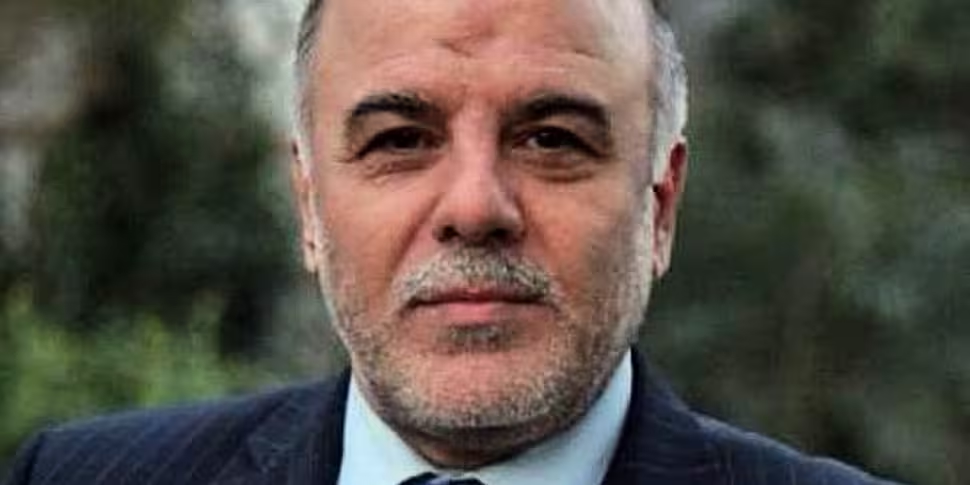Iraq's new prime minister has called on Iraqis to unite against the "barbaric" Islamist insurgency which has swept across the north of the country.
Iraq's president asked deputy parliament speaker Haider al-Abadi to form a government after he was nominated by the country's main Shia coalition as its candidate for the post - putting an end to months of political wrangling.
The National Alliance chose Mr al-Abadi as the man to unite the country after Nouri al-Maliki was criticised for deepening sectarian divisions and steering the country towards all-out civil war.
The European Union has welcomed the move, saying in a statement "We welcome Iraqi President Fuad Ma'soum's decision today to nominate Mr. Haider Al-Abadi as Prime Minister designate of Iraq."
"This decision is a positive step in the constitutional process towards the formation of a new government. We encourage the designated Prime Minister and all Iraqi political leaders to intensify their efforts to achieve the speedy formation of a new government that is inclusive, preserves national unity and is able to address the present crisis."
Speaking on state television, the new PM said "We all have to cooperate to stand against this terrorist campaign launched on Iraq and to stop all terrorist groups."
But Mr al Maliki - ousted after eight years as prime minister - has indicated he will not just stand aside, with a member of his political block warning "we will not stay silent" over the nomination of his rival.
Mr al-Maliki had appeared on TV overnight to accuse the new president of violating the constitution as militias and security forces loyal to him were deployed across Baghdad.
The US congratulated Mr al-Abadi after Secretary of State John Kerry, speaking in Australia, had warned Mr al-Maliki not to obstruct efforts to form a new government.
He said "We believe that the government formation process is critical in terms of sustaining the stability and calm in Iraq - our hope is that Mr Maliki will not stir those waters."
In northern Iraq, Islamist extremists have been forced out of two towns by Kurdish troops, while thousands of Yazidis stranded on a mountain after fleeing the militants have been streaming into Iraq's northern Kurdistan region.
The militants were driven out of Makhmour and al Gweir, near Irbil, after fighters were aided by a series of US airstrikes targeting armed vehicles.
Kurdish forces have been bolstered further after the US State Department confirmed the Obama administration has begun directly providing them with weapons to defend themselves against attacks by Islamic State, previously known as ISIS.
But closer to Baghdad, the Sunni militants captured Jalawla, a town 70 miles northeast of the Iraqi capital, after weeks of clashes with Kurdish fighters.
Originally posted 07:40









